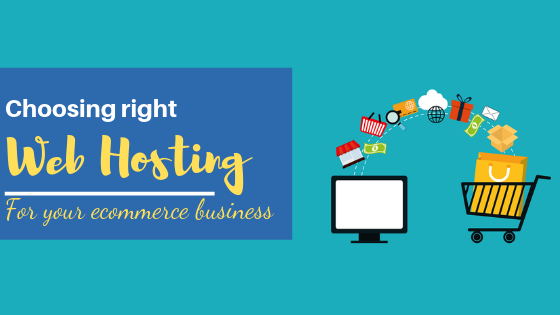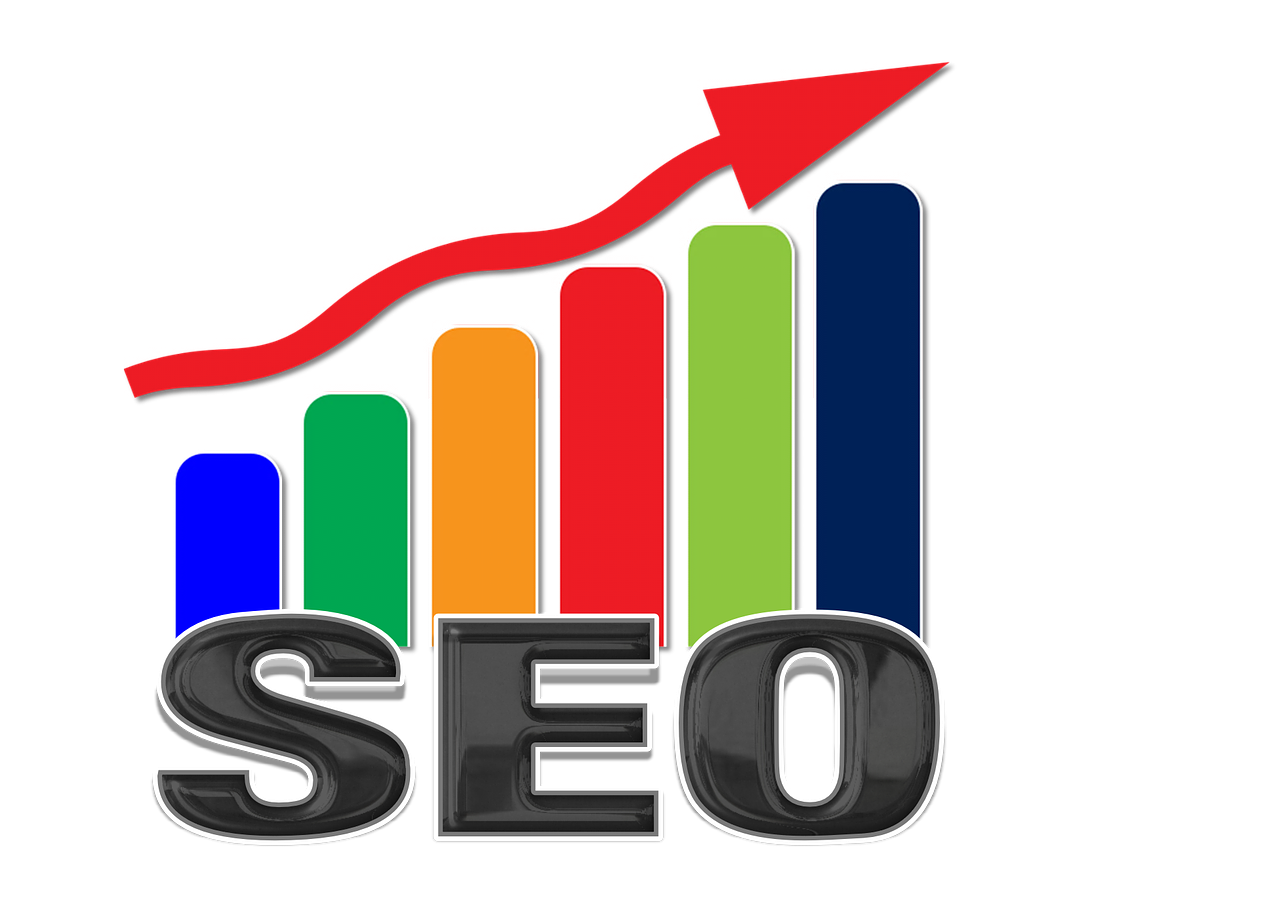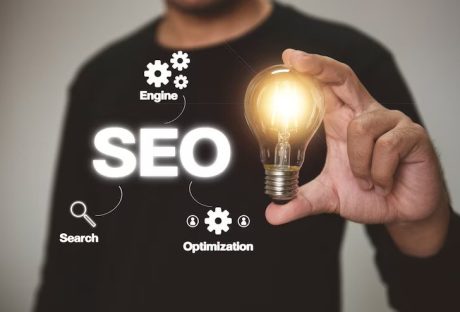No matter how awesome your products are, a powerful web hosting solution is the most for your ecommerce store. Surprisingly, this is not a decision that you can rush into. Ensuring that your ecommerce store is offering a hassle-free experience is necessary. While a solid web hosting can work as a fuel to ignite the growth, a bad one can make your customers leave and never come back.
Your customers want an experience, and being an entrepreneur, you need to ensure that it is a good one. The type of web hosting you choose will affect your website speed, uptime and ultimately the overall performance. Only the right web hosting has the capabilities to ensure a smooth customer experience.
In this article, I am going to share some of the things you must consider while choosing the right hosting for your ecommerce store.
6 Things To Consider Before Choosing Web Hosting For Your Ecommerce Website:
1. Analyze ecommerce software capabilities:
Shopping cart functionality is one of the most crucial parts of every ecommerce store out there. You need to provide your visitors the quickest way to add products in the cart and check out whenever they want. Additionally, your website must handle customer’s payment details very safely. These are some of the common standards that must be followed by every com software.
While some web hosting solutions already have these features included, some others expect you to buy separate software products for the same. No matter which one you go for, you must ensure that your web hosting plan provides the compatibility to add these features. Lastly, the less the hurdles, the better is hosting.
2. Security is your customer’s priority, make it yours too:
When you are dealing in an ecommerce niche, customer data security should be your topmost priority. One err… And your customers won’t feel for you. At every stage of the customer journey, their sensitive information like bank details, credit card details, etc. must be encrypted. The best way to ensure this is to implement an SSL certificate in your store.
Most of the time bundled SSL certificate is already provided with a web hosting package. Although, many reliable web hosting solutions provide SSL certificates without charging anything extra. You just need to choose a hosting package that offers a free SSL certificate in their package.
3. Ensure that uptime is high:
Being in an ecommerce business, you understand the importance of website accessibility. Every minute your visitors are not able to access the website, you could be losing sales. While choosing a hosting solution for your ecom store, analyzing servers of your hosting servers is a must. Uptime is the portion of time your websites are up and running.
Although every hosting server needs to go offline occasionally for maintenance. But if it happening more often, you need to stay away from this one. A hosting provider whose servers are not maintained well will face issues on hardware glitches, hacker attacks or even weather problems. This means, whenever your visitors will arrive on your website during this period, they will get an error message. And this is not at all good for your business.
Ideally, you should go with a web hosting solution that provides at least a 99% uptime guarantee. The more, the better. Also, make sure to verify these claims by taking third-party web hosting review sites like Sitegeek too.
4. Lightning-fast speed is must:
We all know, website speed is a huge factor in search engine rankings. Additionally, it also impacts how long the visitors will stick around the website (which is not very long if your website is too slow). According to data by Unbounce, the total cost of shopping cart abandonment is estimated to be around $18 billion a year and slow website speed was the major reason for 18% of those who abandoned carts.
Having a slow e-commerce store can result in losing visibility among your customers. Even those, who are able to make it to your website, will bounce back at the first chance.
Although, there are 100th of ways you can improve your website speed, choosing the right hosting is the most effective and important one. An ideal web hosting solution must be able to handle the traffic without affecting performance.
So before settling for any plan, ensure that it fits your website needs. Also, keep checking your website speed at regular intervals, so that you can upgrade as soon as required.
5. Keep a check on backup policy:
Have you ever seen your screen freezing up while working on something really important? Well, then you know the importance of backups.
In an e-commerce website, you have spent a lot of time and effort designing and writing your web pages, listing the products, maintaining inventory and much more. Now, what if your website crashes? You don’t want all of the efforts to go into vain, do you?
Yes, you can take manual backups from time to time, but what if, only once you forget about this task? Well, automated backups are your answer. Most of the hosting providers automatically provide automated backup functionality which takes the burden away from your plate.
6. Scalability is crucial:
Your e-commerce store is destined to grow over the years. It will grow in terms of visitors, orders, staff, products and much more. There are high chances that the web hosting you have chosen today, might not work in the next 5 years.
Ideally, you should look for a solution that allows you to scale up whenever needed. The plan upgrade process must be very quick and smooth. Choosing the right hosting now will save you from big troubles over time.
A good e-commerce store has the capacity to earn you huge profits and choosing the right web hosting is the base of it. Make sure to follow these basic yet highly important best practices while choosing the web hosting for your e-commerce business.
Read Also:






















